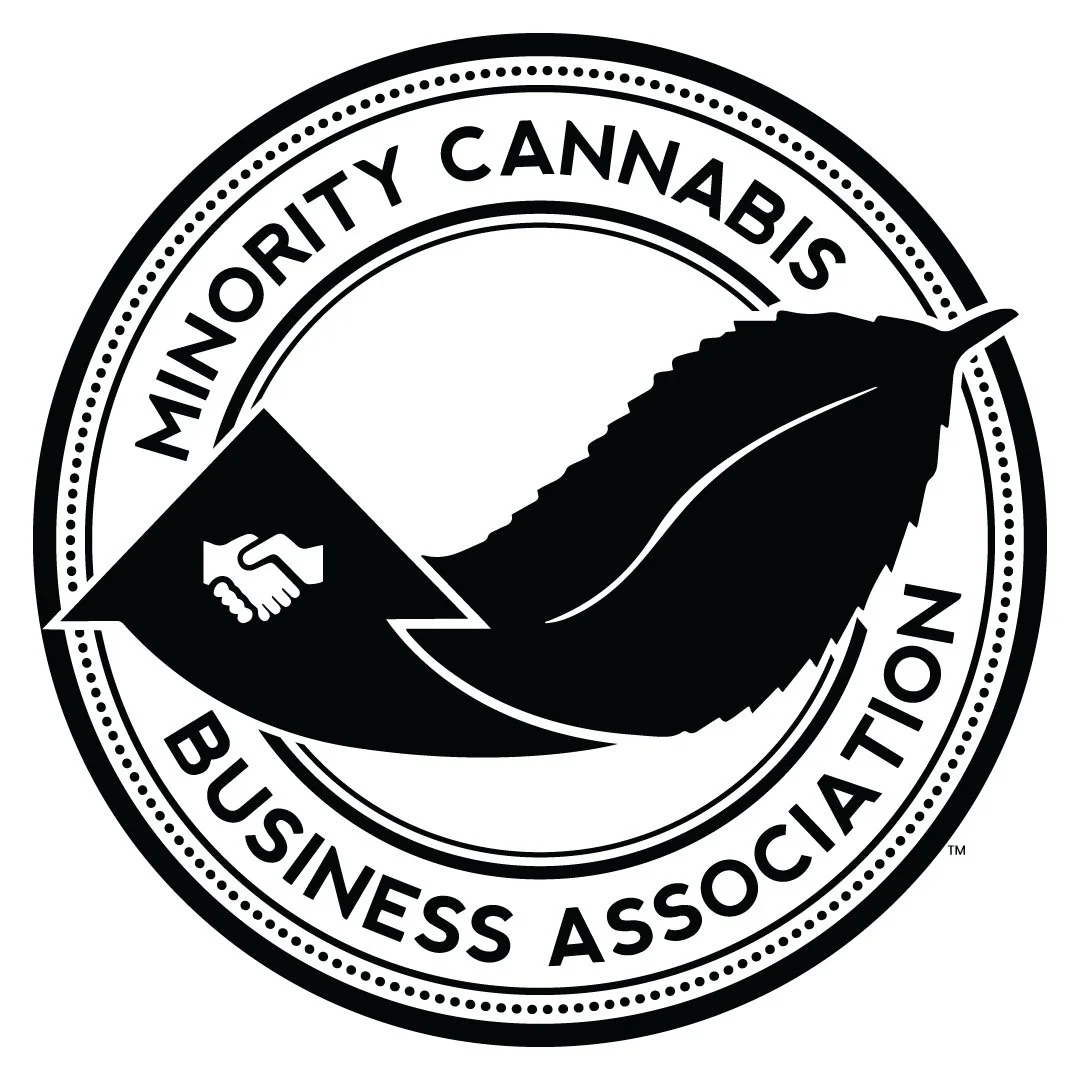
ABOUT US
Minority Cannabis Business Association (MCBA)
Founded in 2015, the Minority Cannabis Business Association (MCBA) is the largest national trade association dedicated to serving the needs of minority cannabis businesses and our communities. MCBA represents minority and allied cannabis businesses, aspiring entrepreneurs, and supporters who share a vision of an equitable, just, and responsible cannabis industry.
MCBA’s mission is to create equal access for cannabis businesses and economically empower communities of color through policy, programming, and outreach initiatives to achieve equity for the communities most impacted by the War on Drugs.
MCBA believes that de-scheduling is the only policy solution to ending decades of racially discriminatory marijuana enforcement and beginning to repair the damage brought on generations of black and brown communities.
National Cannabis Industry Association
The National Cannabis Industry Association (NCIA) is the oldest, largest, and most inclusive trade association representing legal cannabis businesses. Our membership is composed of hundreds of forward-thinking businesses dedicated to ensuring that small cannabis businesses have a seat at the table in Washington, D.C.
NCIA supports ending the criminalization of our industry by removing cannabis (including THC) from the federal Controlled Substances Act altogether so that our businesses are treated like all other lawful American businesses. However, we also support moving cannabis from Schedule I to III as a first step in the right direction, because the federal government would publicly acknowledge the medical value of cannabis and remove the punitive tax burden imposed by Internal Revenue Code 280E on state-legal cannabis businesses.
Finally, NCIA believes that a new federal regulatory framework must be adopted for cannabis in order to protect small, medium and large businesses alike from FDA overreach, and that the President and Congress must work quickly to moderate the FDA's approach as soon as cannabis is removed from Schedule I.
Marijuana Justice exists to facilitate repair from the impact of the war on drugs for Black individuals and communities in Virginia. Marijuana Justice is well known for its work educating residents about the benefits of evidence-based social equity policies, and the harms of marijuana monopolies.
Marijuana Justice is a Black-led organization in Virginia that was established in 2019 and leads the CannaJustice Coalition which consists of Justice Forward VA, RISE for Youth, and Virginia Student Power Network. Marijuana Justice is committed to pushing for de-scheduling marijuana at the federal level in order to acknowledge the racist war on drugs, guarantee non-repetition of targeted drug policy and begin to bring rehabilitation, compensation, and satisfaction to communities specifically in the Southern United States.
Parabola Center for Law and Policy
Parabola Center is a nonprofit, nonpartisan think tank of legal professionals and drug policy experts that advocates for legalizing cannabis in a manner that prioritizes equity and health over profits. Our board of directors is comprised of women of color who are cannabis experts and attorneys – each with a deep history of activism, entrepreneurship, and experience serving as a government-appointed regulator or advisor.
Our mission is to provide everyone with the education, access, and expertise to support cannabis policies that put communities and small businesses first.
We are concerned that rescheduling cannabis could replace our successful state policies with a pharmaceutical monopoly and a system that still criminalizes people who use the cannabis plant.
The Drug Policy Alliance is the leading organization in the U.S. working to end the drug war, repair its harms, and build a non-punitive, equitable, and regulated drug market. We envision a world that embraces the full humanity of people, regardless of their relationship to drugs. We advocate that the regulation of drugs be grounded in evidence, health, equity, and human rights. In collaboration with other movements and at every policy level, we change laws, advance justice, and save lives.
DPA believes that rescheduling marijuana is completely inadequate to address the vast harms of federal marijuana criminalization. In order to end federal marijuana criminalization, marijuana must be descheduled – removed entirely from the Controlled Substances Act. Moreover, the federal government must fully acknowledge, end, and repair the harms of criminalization. Both Congress and the Biden Administration have an opportunity and responsibility to take immediate and comprehensive action to end our country’s failed approach to marijuana and right it wrongs.
Better Opportunities to Win Legalization (BOWL)
Better Organizing to Win Legalization (BOWL) works to unify the public, interest groups, and policymakers behind a comprehensive approach to marijuana legalization and justice for those who have been harmed under its criminalization.
BOWL focuses on the slow boring of bringing together ideologically diverse stakeholders who are interested in common goals when it comes to marijuana policy reform.
BOWL believes that the only way that we stop putting people in cages for plants is to deschedule cannabis and move towards an equitable marketplace.
NABCL is a cannabis advocacy group predicated upon the idea that the national infrastructure of cannabis legalization must be equitable, inclusive and reparative in order to be the most robust industry it can be.
Cannabis prohibition and the War on Drugs were built upon a series of strategic, calculated decisions selectively enforcing punitive measures to deal with the use of unregulated and unsanctioned substances. As the nation grapples to figure out how to undo some of the harms caused by the failed war, it is absolutely critical that we continue to push for targeted and intentional education based on reliable research combined with data driven analysis, taking into account the significant and disproportionately detrimental impact that the ongoing war has had on low income communities as well as people of color.
NABCL expects the promise to decriminalize marijuana to be fulfilled. The same intentional effort used to spread misinformation about cannabis and those who use it should be applied to correcting the record and addressing the disenfranchisement of those prosecuted for its use. Half measures such as rescheduling cannabis alleviate financial burdens and address corporate concerns, but do nothing to rectify the harms of prohibition.
Students for Sensible Drug Policy (SSDP) is the largest national youth-led network dedicated to ending the War on Drugs. We empower young people to participate in the political process and bring young people of all political and ideological orientations together to have honest conversations about drugs and drug policy.
Founded in 1998, SSDP has mobilized tens of thousands of young people to advocate for a more sensible approach to drug laws. Countless policy reforms led or supported by SSDPers now protect people from punishment if they call for help during an overdose, help students earn a college education regardless of drug citations, and provide safe access to cannabis for adult or medical use.
Our members and alumni are replacing the disastrous War on Drugs with policies rooted in evidence, compassion, and human rights at a grassroots level. While we focus primarily on policies that directly harm students and youth, the War on Drugs has impacted all communities, and SSDP will continue the fight until everyone is treated with fairness, dignity, and compassion.
SSDP supports descheduling cannabis because it is not enough to simply treat the symptoms of bad cannabis policy. Because, let’s be clear: Schedule III will not stop arrests, it will not release a single person from prison, it will not break the paper shackles of a criminal conviction, and—as we have seen play out across the country—legalization without decriminalization puts a target on the backs of every young person, who is now more likely to have their future destroyed by police intervention and arrests.








